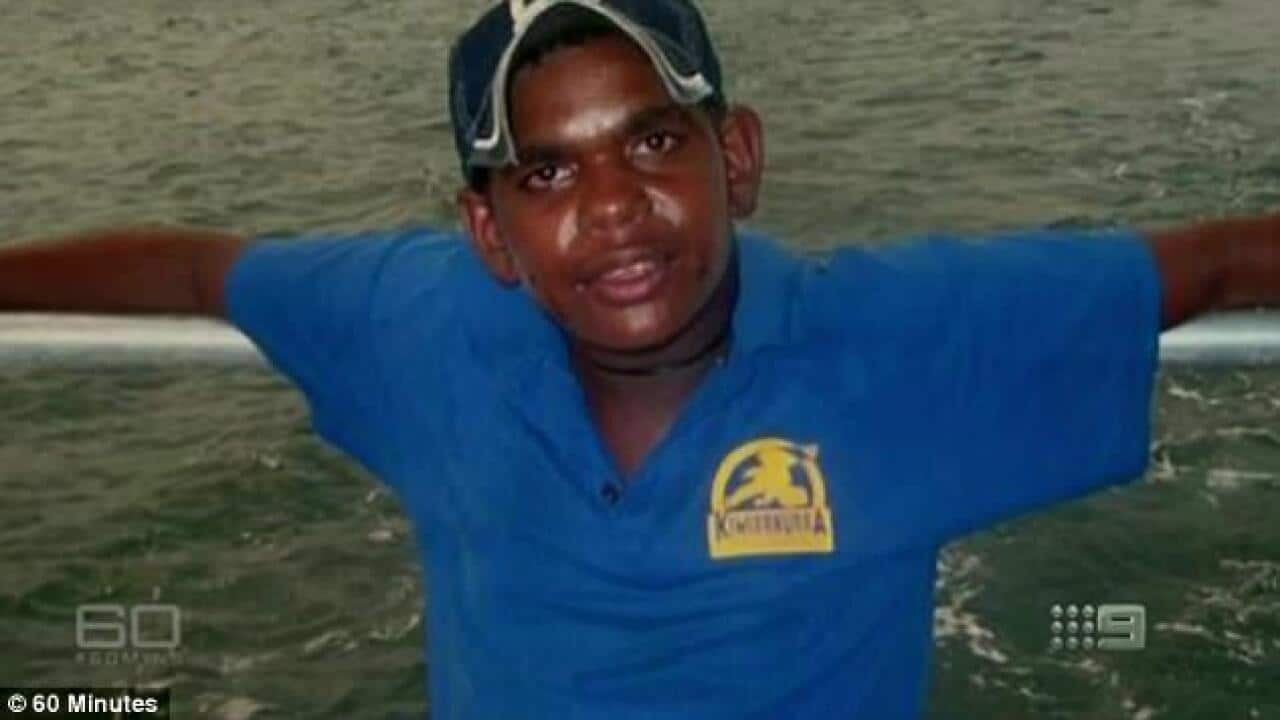Aboriginal man after pleading guilty to the manslaughter of Josh Warneke, who was found dead on the side of the road on the outskirts of Broome.
In April 2017, Mr Gibson’s conviction was overturned after initially being sentenced to seven and a half years for Mr Warneke’s death.
However, two years before then in November 2015, an investigation by the Corruption and Crime Commission (CCC) had found “systemic failures” by the West Australian Police in its initial investigation into the death.
The report from 2015 stated there were a “series of flawed police interviews” after the police questioned Mr Gibson, whose first language is not English, without a translator.
Gibson is from the Western Desert remote community of Kiwirrkurra, located over 1400 kilometres south-east of Broome.
He speaks limited English and his first language is the desert language of Pintupi. He argued that he didn’t understand the court proceedings.
The Supreme Court ruled Gibson’s police interviews were involuntary and inadmissible.
The CCC report from 2015 also stated there was a deep lack of knowledge and skill by police when interviewing Aboriginal people. It made seven recommendations to the West Australian Police.
Report into the Recommendations
Yesterday a new report was released and found the WA Police have failed to meet two out of the seven recommendations, both relating to Aboriginal interactions.
“The remaining two recommendations relate to ensuring officers who interact with Aboriginal citizens are properly trained in language and culture; and improving the way they deliver a caution to people who are not proficient in English,” the new report stated.
Recommendation three requested ongoing training and ‘refresher courses’ in dealing with Aboriginal people with a focus on language and culture.
The 2015 Commission report identified “systemic weaknesses” when Police were dealing with Aboriginal witnesses and suspects.
“There was little preparation for officers being deployed to remote areas of WA that involved daily contact with Aboriginal people, beyond basic cultural awareness training on entry,” the report said.
West Australian Police did not agree with the conclusion of there being widespread lack of knowledge and states there is already cultural diversity training in place.
However, the police did agree to introduce language barrier training courses with refresher courses and induction packages having more emphasis on cultural competence. WA Police also had a number of those initiatives to combat recommendation three; the Commission review found many of those initiatives are awaiting endorsement.
Recommendation four related to interviewees whose first language is not English. The 2015 report found Mr Gibson had “superficial understanding of English” which only enough to have a basic conversation but not enough knowledge to understand to intellectual concept of choosing to speak or remain silent.
The West Australian Police response to the recommendation was to potentially implement the Northern Territory model of having pre-recorded caution in Aboriginal language to be played to interviewees prior to a police interview.
The Police reached out to the Kimberley Interpreting Service to help with the pre-record, a funding request is under consideration. The Commissioner found that this solution would not be cost effective and it may be difficult to capture all languages spoken in the Kimberley region.
The Commission found the second option of Automated Interview Plan, which would give interviewers a tool to identify potential vulnerabilities and address the possible issue of language barriers. However, the Commission stated concerns some things had still not been addressed and therefore this recommendation is the second to not be completed.
Commissioner John McKechnie claimed police were being serious about implementing the recommendations.
“The Commission recognises that many of these issues do not have a straightforward solution, nor are they likely to be resolved quickly,” the 2018 report states.
“The enthusiasm of the Police and particularly the Office of Investigative Practices in implementing these initiatives is an encouraging indicator of the way forward.”
The CCC has will wait for a further update on the progress of the final two recommendations in a years time.
Last year, Gene Gibson launched a $2.5million compensation case against the state government.











